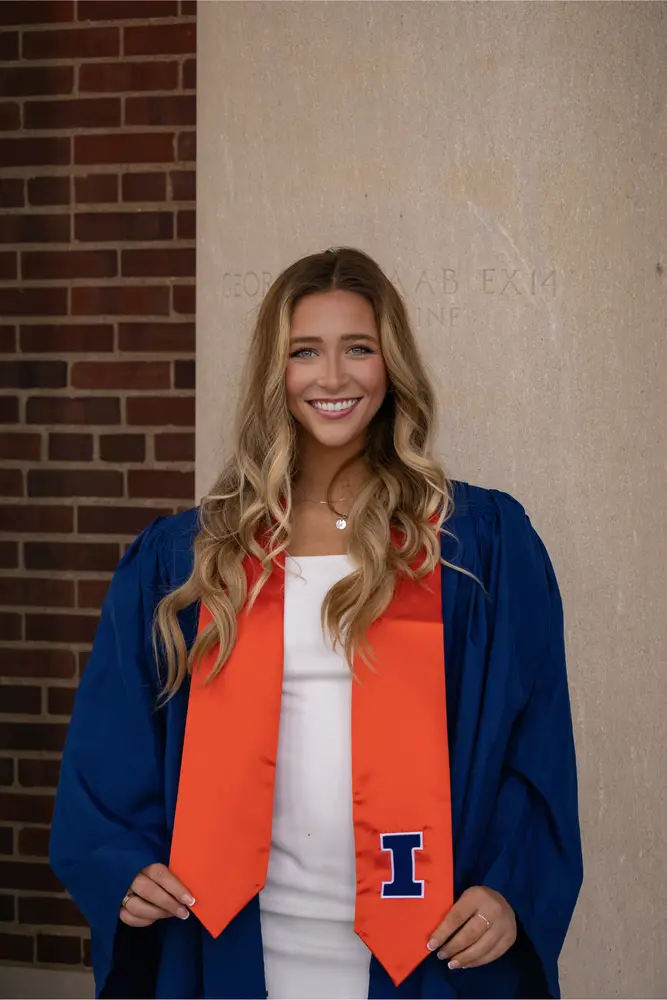
What was the title of your Thesis?
“The Politics of Sexual Shame”
What got you interested in the topic you researched?
I’ve always been passionate about social justice, especially around race and gender. As I studied political science, I became fascinated by some of the more subtle ways that power operates beyond formal laws and institutions, which led me toward political theory. Writing this thesis gave me the opportunity to explore how emotions, language, and everyday norms shape political life in ways that often seem natural and go unquestioned. I was especially drawn to the role of sexual shame because of how quietly it influences what people see as natural or moral, often in ways that feel personal rather than political. In today’s climate, where rights and identities are constantly debated, it felt urgent to examine how these hidden norms continue to shape law, culture, and daily life.
How did the Honors program/undergraduate thesis benefit you?
This thesis journey was truly transformative. Over the past year, I read more extensively than ever before, which deepened my understanding of complex political and social issues. Working with Professor Frost was central to that growth. Her guidance challenged me to think more critically and write with greater clarity. I’ve gained confidence and precision in engaging with challenging ideas, even when they are uncomfortable or unfamiliar. More than anything, this process helped me see learning as a powerful tool for change. The Honors program gave me space to ask difficult questions, sharpen my thinking, and build a foundation I’ll carry with me in my future work.
You just graduated! What’s next?
Currently, I work as a Prevention Educator at the Prairie Center Against Sexual Assault (PCASA) and this fall I will begin a dual Master's program in Social Work and Gender and Women’s Studies at Loyola University in Chicago.
Any words of wisdom for current and future political science students?
Over the past year, I’ve learned how important it is to let your writing be a space to figure things out, not just to prove what you know. My best insights didn’t come from having everything mapped out, but from sitting with what felt messy or unresolved for long enough to reach a deeper understanding. You don’t need to arrive with a polished answer. Learning to think is just as important as knowing what to say. Trust that grappling with uncertainty is a necessary part of the work.